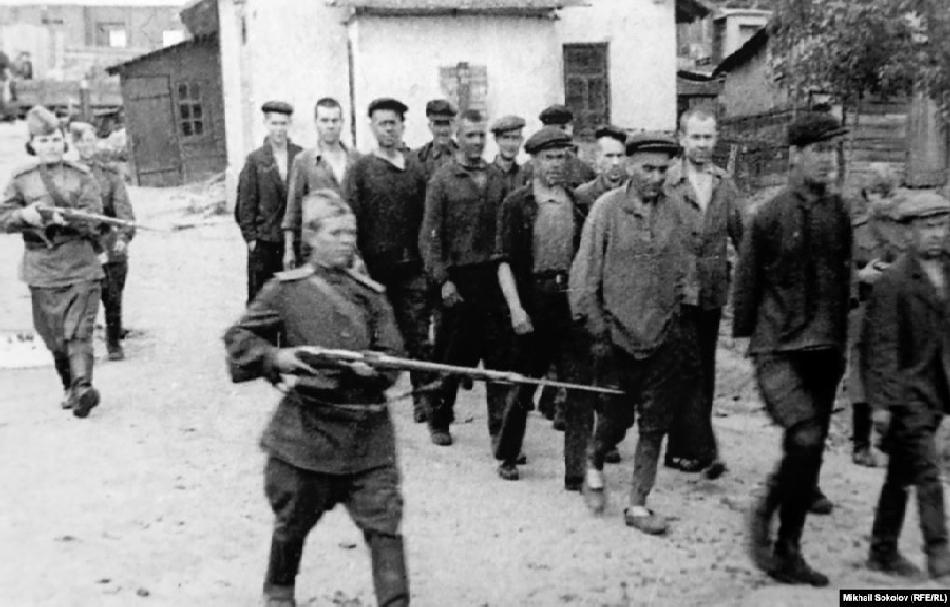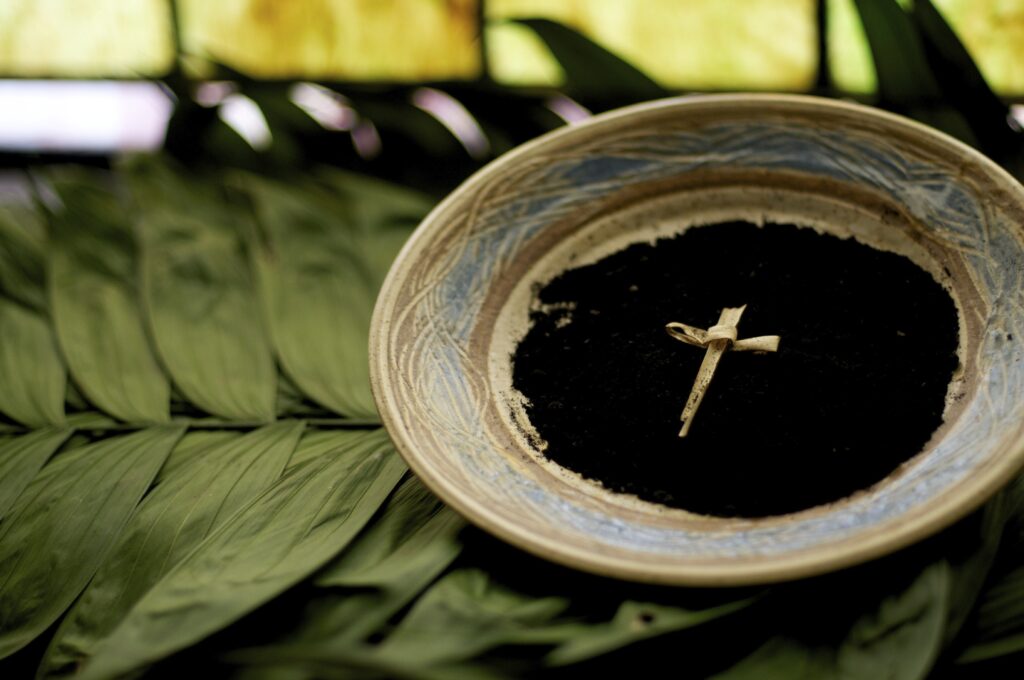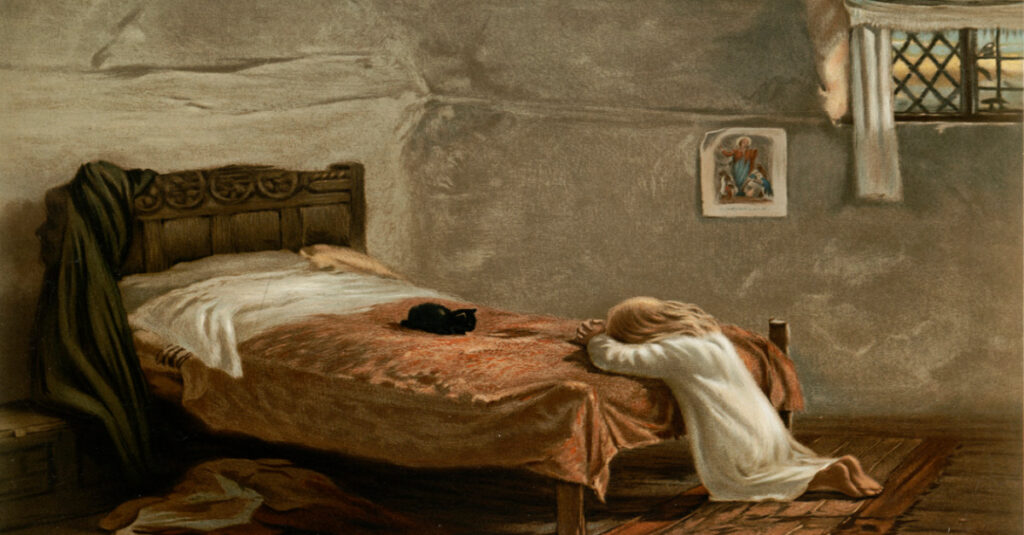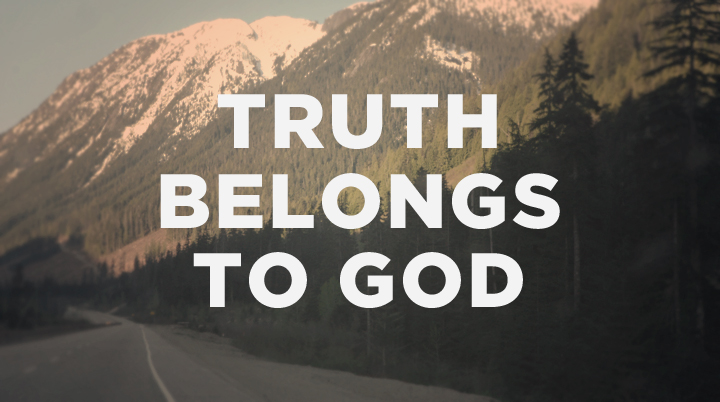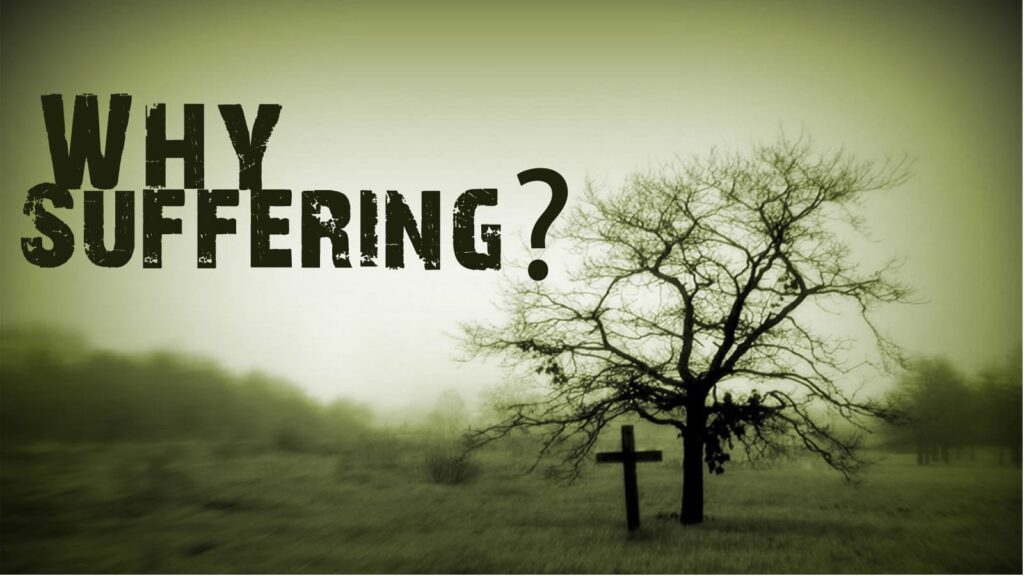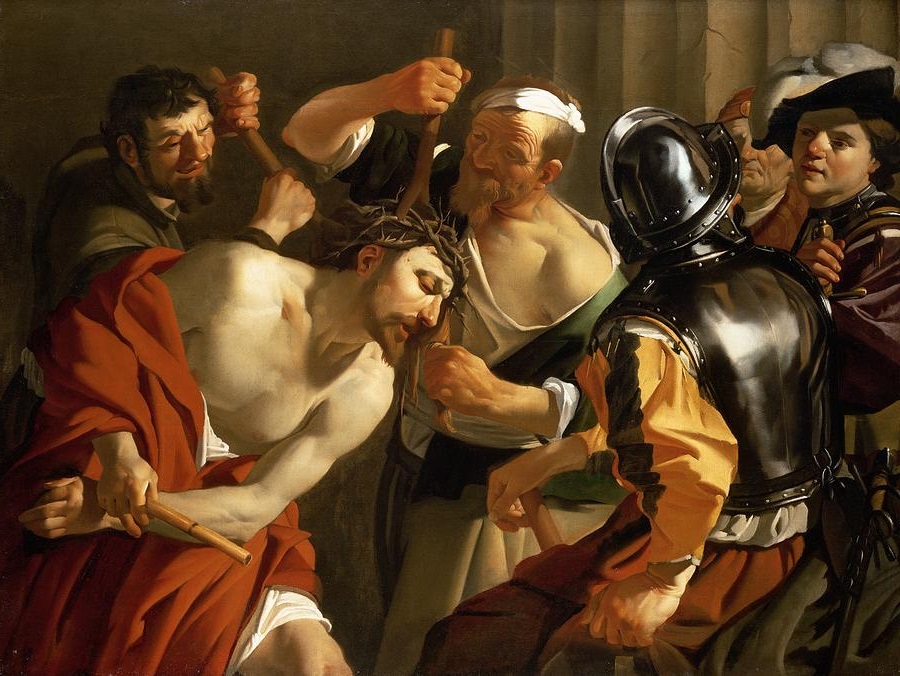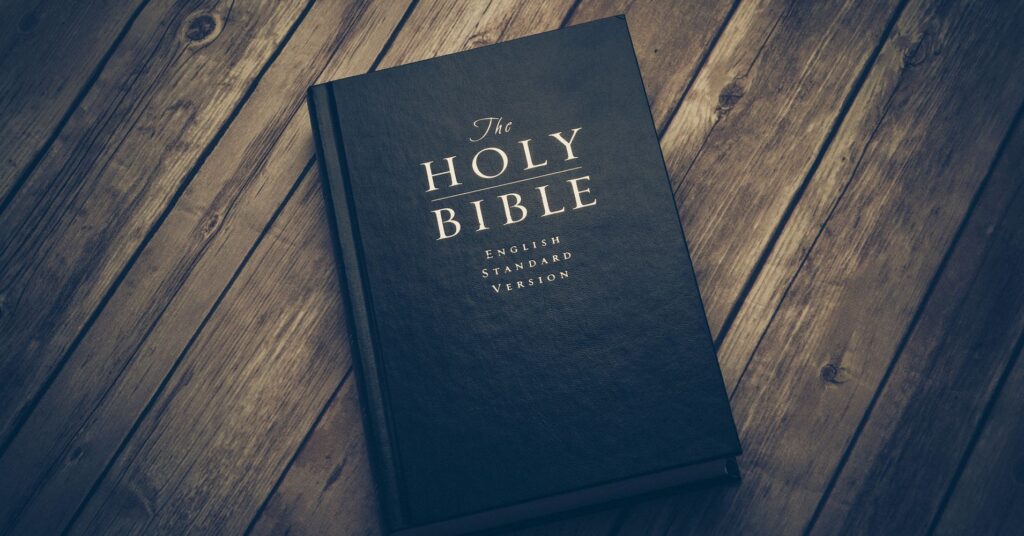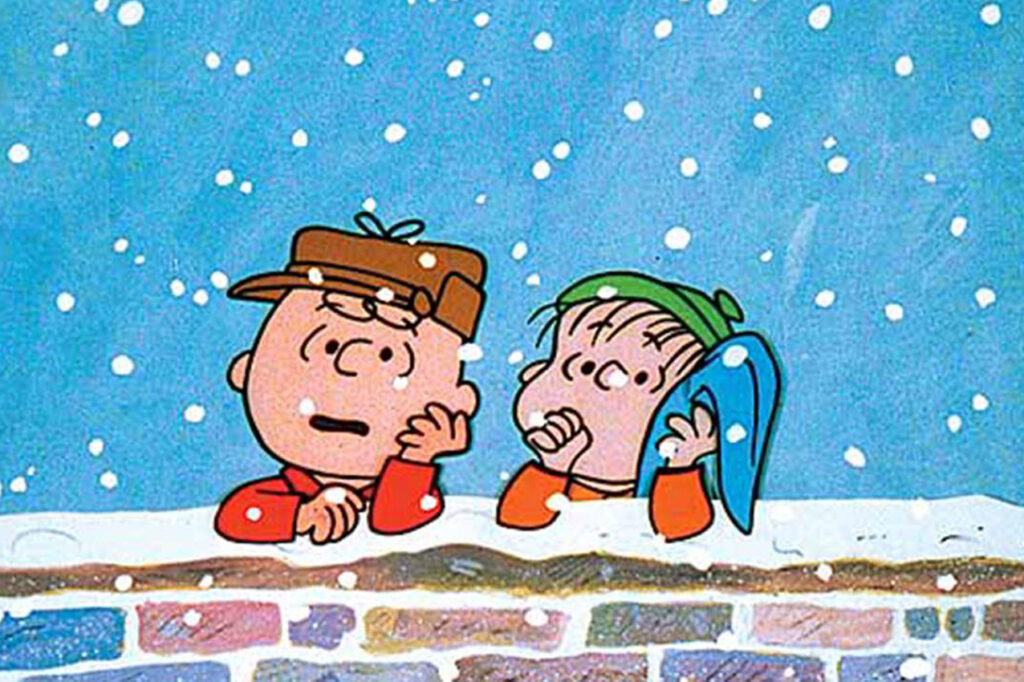Communism and the Denial of Human Dignity
Remembering the Evils of Communism I recently finished reading a book and watching a short movie on peoples’ experience under Communism in the 20th century. This is a timely topic given the current events unfolding in Ukraine. Many of us are so detached from the events of the Cold War and the rise of Communism […]
Communism and the Denial of Human Dignity Read More »

